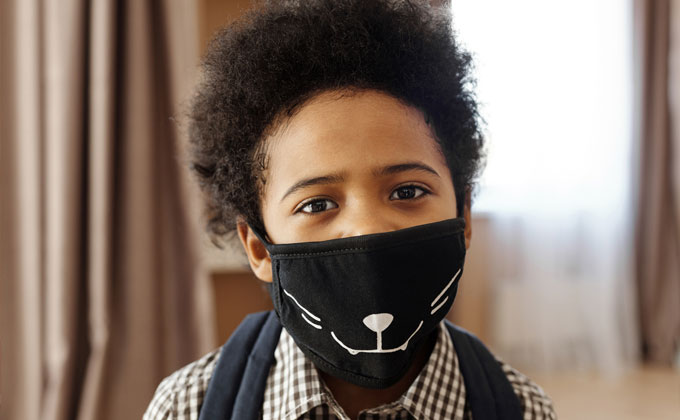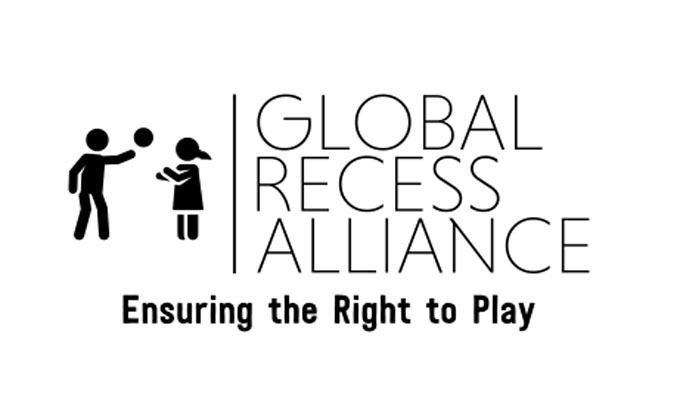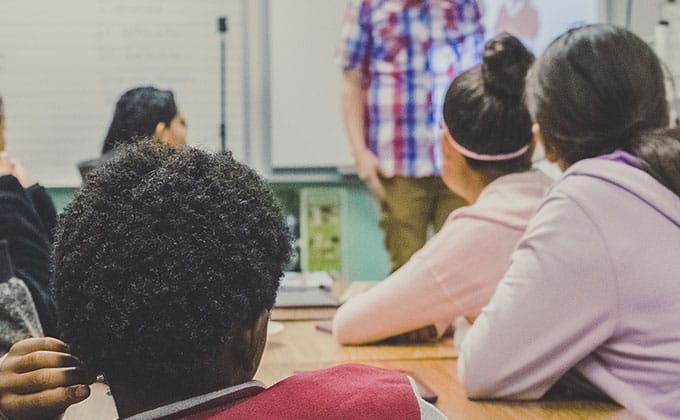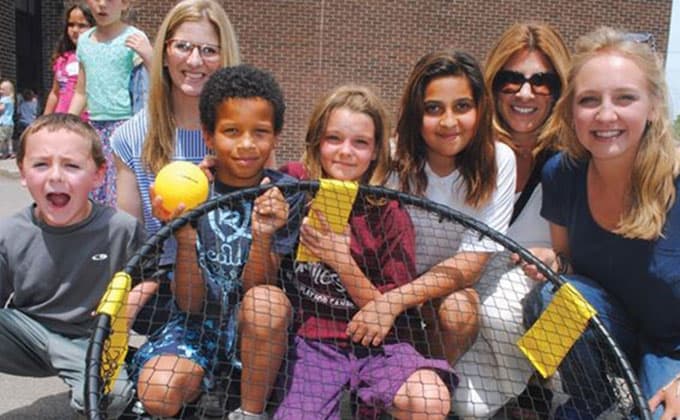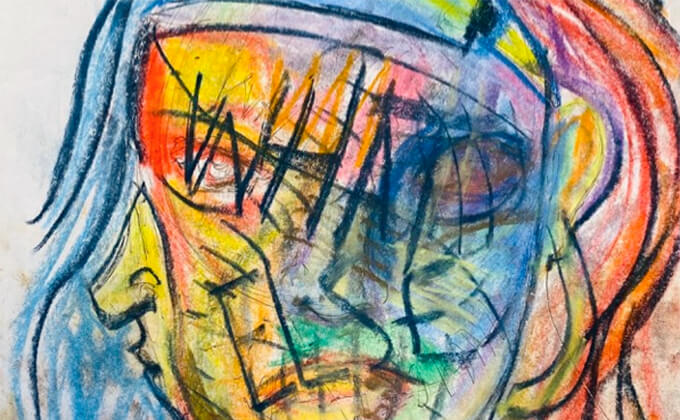Lauren McNamara
The Recess Project
Niagara, ON

Sector Impact
Children & Youth
Civic Engagement
Education
Health & Well-being
Human Rights & Equality
Rebooting recess builds healthier kids and communities.
With the low-cost, high-impact Recess Project, Dr. Lauren McNamara is revitalizing recess across Canada — harnessing the power of playground time to build healthier, happier, more resilient kids and societies.
Recess time!
The words conjure up images of children spilling out onto playgrounds to jump rope or play tag or soccer — and returning to their classrooms happy, re-energized and ready to learn.
It’s a nice image. But unfortunately this is not the reality for many kids, says Ryerson University’s Dr. Lauren McNamara.
Lauren is one of the first researchers to take an in-depth look at how to leverage recess in Canadian schools to improve well-being and school engagement outcomes for kids. What she found was alarming: in Ontario, for example, nearly half of students reported that social conflict was a regular occurrence during recess; 30 per cent experience social violence (in all its forms) regularly; a quarter of kids felt lonely; 60 per cent were bored; and 30 per cent felt downright unsafe from “mean kids.” And not surprisingly, kids with disabilities were the most vulnerable, as Lauren — who lost her hearing in first grade and was mercilessly taunted for being “The Deaf Girl” — knows all too well.
Lauren’s goal is to transform the long-neglected, barren spaces of recess into an opportunity for supporting play, friendships, social connection and empathy. The Recess Project provides training and resources to administrators, principals, teachers and students to radically transform how schools approach recess. She encourages schools to ramp up the support and design of this space and provide a continuum of options and materials that allow students to experience the effects of acceptance, inclusion and social connection through activities that are meaningful and enjoyable. Students are provided opportunities to mentor in the Junior Recess Leader training. It teaches them about the power of kindness, empathy and role modeling. The rotating menu of suggested games and activities gets kids engaged and laughing — something we tend to undervalue in schools.
And the benefits extend far beyond the playground: when children experience the effects of inclusion, belonging, acceptance and connection, they are more likely to be engaged and committed to school, supportive of their classmates and interested in their schoolwork. But more important, the effects of these experiences dynamically shape individual and collective well-being that follow children into adulthood, into their families and into their communities.
Lauren is using her research to build the alliances required to drive systemic changes across Canada and internationally. Her approach is both bottom-up and top-down. For example, Lauren is working directly with provincial and local leaders to encourage policy and legislative changes. As well, she is collaborating on the launch of a social media campaign to educate the public. By bringing together education, public health, research and government stakeholders on a national steering committee, she is helping communities thrive, one playground at a time.
